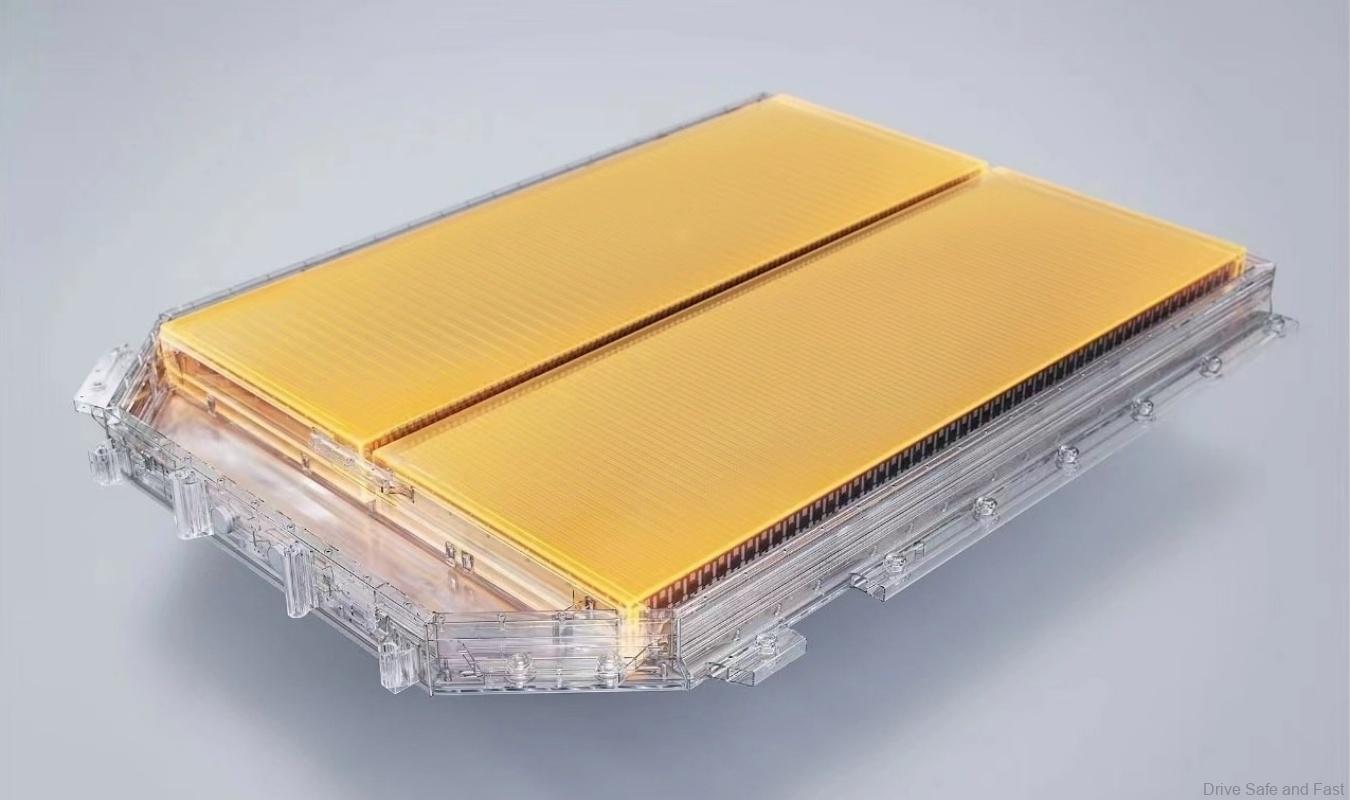Will this new Lithium-Sulfur battery finally make EVs viable?
Researchers at Monash University in Melbourne have developed a breakthrough in lithium-sulfur (Li-S) battery technology, offering significant improvements over traditional lithium-ion batteries. These new Li-S batteries boast twice the energy density of their lithium-ion counterparts, along with faster charging times, lower weight and reduced production costs.

This innovation has the potential to transform industries such as electric vehicles (EVs) and aviation by providing longer ranges, faster charging, and more efficient energy storage. The breakthrough centers around a catalyst inspired by betadine, a common antiseptic.
Moreover, by incorporating a polyvinylpyrrolidone complex, the researchers accelerated chemical reactions within the battery, solving issues related to slow charging and discharging that had plagued previous Li-S batteries.

Moreover, published in Advanced Energy Materials on 15 November 2024, the research demonstrated that these new batteries could achieve an energy density of up to 400 Wh/kg, suitable for dynamic applications like electric aircraft and drones. Li-S batteries use sulfur as a cathode and lithium as an anode, but early versions suffered from poor performance and rapid degradation.
These problems included inefficient lithium re-deposition on the anode, which led to chemical buildup, fewer charge cycles and safety issues like short circuits and fires. Over the years, research has made significant progress in overcoming these obstacles.

The Monash team also believes the new battery technology could revolutionize commercial drones and electric vertical takeoff and landing (eVTOL) aircraft within a year. According to Professor Mainak Majumder and PhD candidate Maleesha Nishshanke, the new catalyst enhances the Li-S battery’s C-rate performance, allowing the battery to handle high power demands during takeoff and transition to lower power during cruising.
On top of that, this advancement, combined with sulfur’s unique chemistry, improves the safety and efficiency of the batteries. In electric cars, this could extend the range by 1,000km on a single charge, with significantly reduced recharge times. Monash University has launched a startup, Ghove Energy, to commercialize the technology.
With the global market for Li-S batteries projected to reach $209 million by 2028, Professor Majumder envisions significant economic growth and job creation in Australia. While other companies like CATL have developed higher-energy-density batteries, Monash’s Li-S batteries stand out for their affordability and lighter weight, making them a promising solution for cost-conscious sectors like aviation.

We got all this from CleanTechnica and their full article is linked here. Thank you CleanTechnica for the information and images.